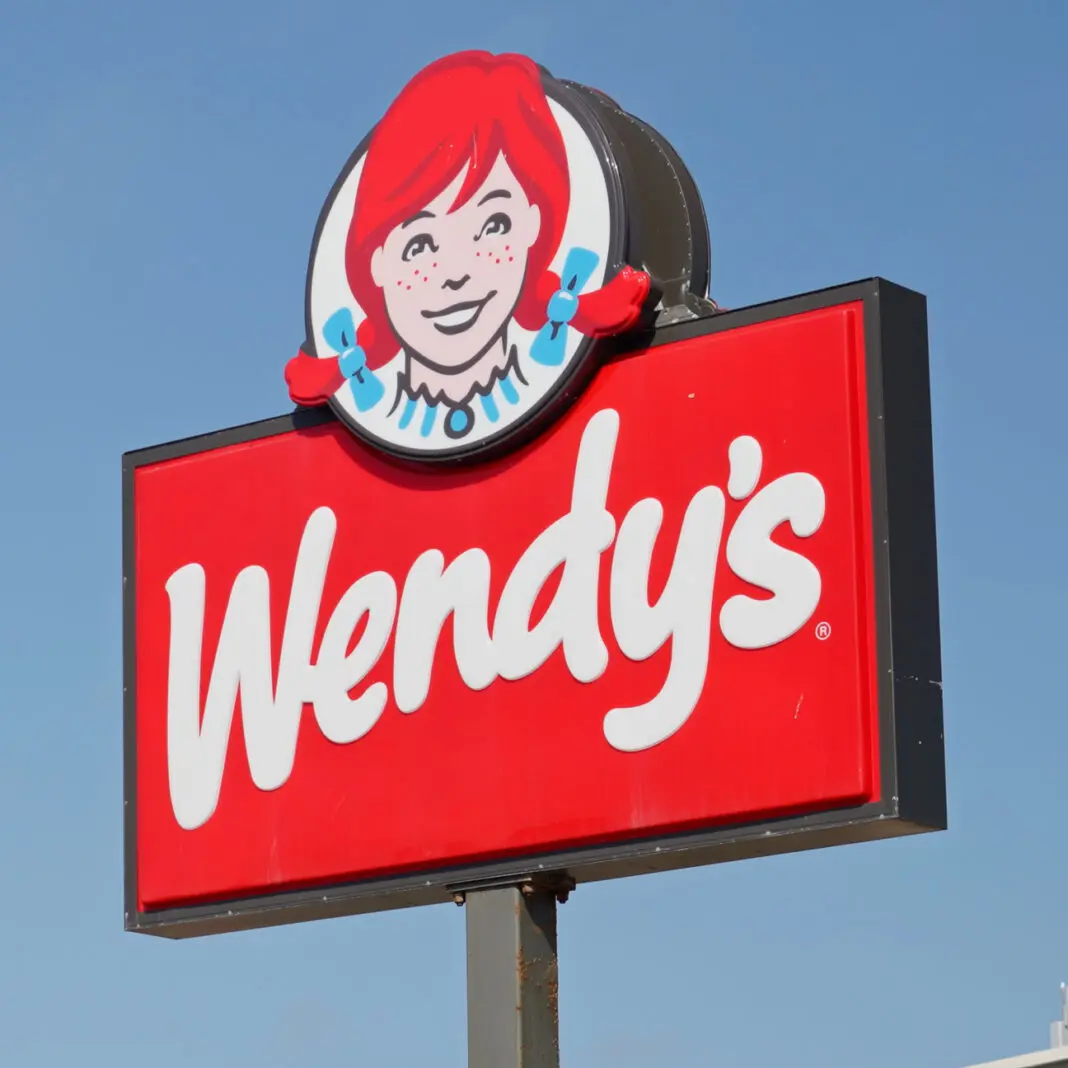In a world where we crave fast food for its convenience and taste, trust in these brands is crucial. But what happens when that trust is shattered? Wendy’s, a well-known fast-food chain, has been pushing against a tide of mistrust. Let’s delve into why people lost trust in Wendy’s.
1. Compliance with Food Safety Regulations
Any establishment serving food has an inherent responsibility to adhere to food safety regulations. This is not just a matter of legal compliance, but an essential factor in building trust with customers. According to an SEC filing, Wendy’s restaurants are expected to comply with food safety and quality regulations set by the USDA and FDA.
Regular evaluations and inspections are conducted to ensure adherence to these standards. Failure to comply can result in termination of franchise agreements. These stringent measures are meant to safeguard Wendy’s reputation and maintain customer trust.
However, any public perception issues regarding food quality or safety can erode this trust. A single mishap can lead to a major fallout, damaging the brand’s image and, consequently, customer loyalty.
2. Struggles with Adaptation and Diversity
Adaptation and diversity are key to a brand’s survival and growth. Wendy’s, however, has been criticized for its lack of adaptation in its growing years. The company has faced threats in five of its six business environments. Moreover, the company’s struggle with diversity and a zero-tolerance policy for secrecy has also been highlighted. These factors contribute to the public’s perception of Wendy’s, making it difficult for the organization to maintain the trust and loyalty of its customers.
It’s crucial for Wendy’s to address these issues, as a company’s ability to adapt to market changes and embrace diversity are significant indicators of its long-term sustainability and appeal to customers.
3. Labor Shortages and Employee Retention
The fast-food industry, including Wendy’s, has been hit hard by labor shortages. According to a CNBC report, this issue has forced some Wendy’s locations to reduce operating hours or slow down service, which can impact customer trust.
Finding and hiring new employees has been a challenge due to various factors, including the COVID-19 pandemic, declining immigration, and increased competition for jobs. To retain existing employees and attract new ones, higher pay, benefits, and the use of technology to streamline processes are required.
However, raising wages cuts into profits. Staffing shortages also mean locations are understaffed and unable to capture all potential sales, leading to slower service and further erosion of trust in the brand.
4. Poor Drive-thru Performance
Fast food thrives on speed and convenience, and drive-thru service is a significant part of this. Unfortunately, Wendy’s has been struggling in this area. An annual drive-thru study by Intouch Insight found that Wendy’s had the lowest order accuracy and customer satisfaction scores among major fast food chains.
Wendy’s order accuracy was only 79%, compared to 89% for McDonald’s and Arby’s. Wendy’s customer satisfaction score was also the lowest at 82%, while Carl’s Jr. and Chick-fil-A shared the top spot at 95%.
Furthermore, Wendy’s drive-thru service time had deteriorated the most compared to 2019, taking 20% longer at 4 minutes and 35 seconds. This poor performance likely contributes to the erosion of trust in the Wendy’s brand.
5. Competitive Pressures
The quick service restaurant industry is a highly competitive landscape. As per an SEC filing, Wendy’s faces competition from new chains offering high-quality ingredients or targeting certain diets. Price discounting and promotions by competitors also put pressure on the brand.
Emerging delivery and technology options are changing the competitive landscape as well, with Wendy’s needing to keep pace with these developments. Failure to do so can lead to a loss of competitive advantage, thereby affecting customer trust.
These competitive pressures combined with public perception issues can significantly impact Wendy’s brand differentiation and position in the market, leading to an erosion of trust.
6. Financial Performance and Share Price
Wendy’s financial performance and share price also play a role in public perception and trust. According to an analysis on Nasdaq, Wendy’s has been grappling with declining share price due to inflationary pressures increasing costs, supply chain challenges, and lower post-pandemic traffic.
While the company has been focusing on growth through digital initiatives and breakfast expansion, the ongoing risks of inflation and demand remain. Investors’ trust in the brand can be affected by these financial challenges, which can also spill over into the public sphere.
It’s essential for Wendy’s to address these issues promptly and effectively to prevent further erosion of trust and to safeguard its reputation and market position.
7. Employee Treatment
How a company treats its employees can significantly influence public perception and trust. According to this analysis, many other companies are doing a better job at treating their workers compared to Wendy’s.
Employee treatment encompasses various aspects, including wages, benefits, work environment, and respect for workers’ rights. Companies that neglect these aspects can face backlash, leading to a decline in public trust. For Wendy’s, improving employee treatment could be a key step in regaining public trust. After all, content and well-treated employees often translate into better service and happier customers.
In conclusion, several factors have contributed to the loss of trust in Wendy’s, ranging from compliance with food safety regulations to employee treatment. It’s a complex issue that requires a multifaceted approach to resolve. As the fast-food landscape continues to evolve, Wendy’s will need to address these issues head-on to regain public trust and secure its place in the market.

